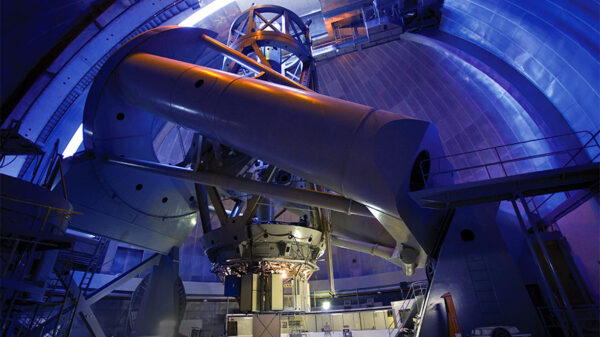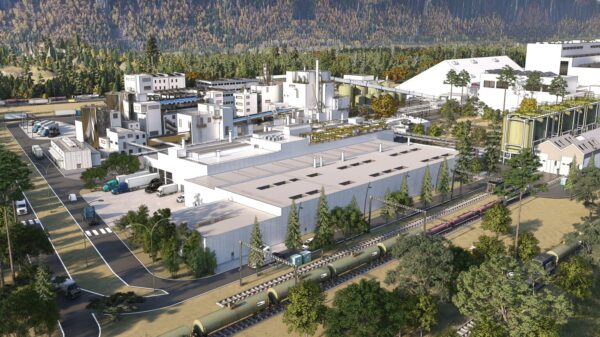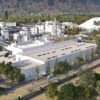LiTHOS Group Ltd. (CBOE CA: LITS) (OTCQB: LITSF) (FSE: YU8) (WKN: A3ES4Q) announced successful laboratory-tests on Monday for its AcQUA pre-treatment technology, pulling positive results out of a series of fluid processing tests in collaboration with lithium giant, SQM (NYSE: SQM).
The primary purpose for the new technology is to minimize environmental impacts by using AcQUA technology, which can eliminate the need for traditional evaporation ponds and significantly reduce the footprint associated with lithium mining.
This strategic approach adheres to stringent environmental standards. It also positions LiTHOS to seize opportunities in a market that increasingly values sustainable practices.
AcQUA technology has achieved impressive rejection rates of Magnesium, Boric acid (HBO3), Calcium (CaCl), and Sulfates (S04), which are essential for producing high-purity lithium crucial for battery manufacturing.
Unlike traditional methods, AcQUA employs a patent-pending, hybrid electropressure membrane process that boosts lithium concentration without relying on freshwater or harmful chemicals. This theoretically represents a significant advancement in sustainable mining technologies.
By eliminating the need for evaporation ponds, AcQUA technology significantly reduces the footprint of lithium mining, aligning with global environmental standards and supporting the industry’s shift toward sustainable practices.
“The positive outcome from our latest tests on SQM field brines with AcQUA technology affirms our dedication to collaborating and validating our technology with SQM, which is a leading global lithium producer focused on sustainability,” said Scott Taylor, CEO of LiTHOS.
LiTHOS has validated the efficacy of AcQUA technology, strengthening its capability to efficiently meet the growing global demand. These advancements reinforce the company’s mission to enhance sustainability and operational efficiency in lithium extraction.

The lithium extraction flowchart. Image via LiTHOS.
Read more: Lithium South extracts lithium iron phosphate at Hombre Muerto North
Read more: Lithium South raises $4M in private placement
Lithium evaporation pools come with environmental issues
Evaporation pools pose significant environmental challenges.
These large ponds require vast amounts of land, often disrupting local ecosystems and contributing to habitat loss. The process is water-intensive, especially in arid regions where water is already scarce. Consequently, this adds to the problem of the depletion of vital freshwater resources.
Additionally, the slow evaporation process releases harmful chemicals into the air, potentially contaminating the surrounding environment and harming local communities. The reliance on these pools also leads to high carbon emissions, exacerbating the environmental impact of lithium mining.
LiTHOS wants to change that.
It focuses on the selective extraction of aqueous minerals as a mining technology company. Its AcQUA technology enables lithium extraction from continental brine reservoirs without using additional freshwater or added chemicals or reagents.
“These achievements not only differentiate us within the industry but also enhance our competitive position, demonstrating our potential to meet the increasing demand for high-purity lithium crucial for renewable energy technologies,” said Taylor.
As the world “electrifies” to reduce CO2 emissions, driven by ongoing growth in EV sales and the installation of hundreds of gigawatts of intermittent solar power generation requiring partial battery storage, lithium has become one of the most in-demand metals globally.
AcQUA tests were conducted at LiTHOS’s state-of-the-art facility in Bessemer, Alabama.
.
Follow Joseph Morton on Twitter
joseph@mugglehead.com














